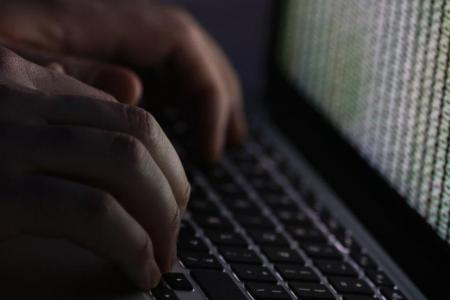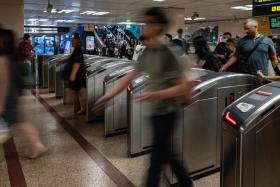Internet users get help to recognise fake news
The prominence of fake news in the US presidential election campaign last year has put the issue in the spotlight, as Internet users continue getting information - both real and fake - from websites.
Educating Internet users on how to discern fake news from real news is one of the goals of this year's Better Internet Campaign spearheaded by the Media Literacy Council (MLC), which is also working to reduce cyber-bullying and excessive screen time.
The four-month campaign, which aims to promote responsible online habits and safe Internet use, started yesterday to mark the global Safer Internet Day initiative.
The campaign consists of outreach and awareness programmes aimed at those aged 15 to 35, as they are usually the most active Internet users.
MLC chairman Lock Wai Han said it was critical to encourage young people to be positive online. "With the proliferation of news sources online, we need to be discerning to distinguish between falsehood and the truth, to avoid falling prey to scams and fake news," he added.
As there is no "silver bullet" that can be used to identify fake news, it is important for Internet users to be aware and discerning of the things they read online, said Mr Lock.
The campaign will also address cyber-bullying through events in secondary schools and tertiary institutions.
The campaign website features personal accounts of cyber-bullying, told from the perspective of both bully and victim. There are also workshops for parents and a forum on cyber-wellness next month as part of the council's wider outreach efforts.
Get The New Paper on your phone with the free TNP app. Download from the Apple App Store or Google Play Store now


